The Page-turners, Heartbreakers, and Big-Idea Books of Autumn 2025
The fall reads that everyone will be talking about

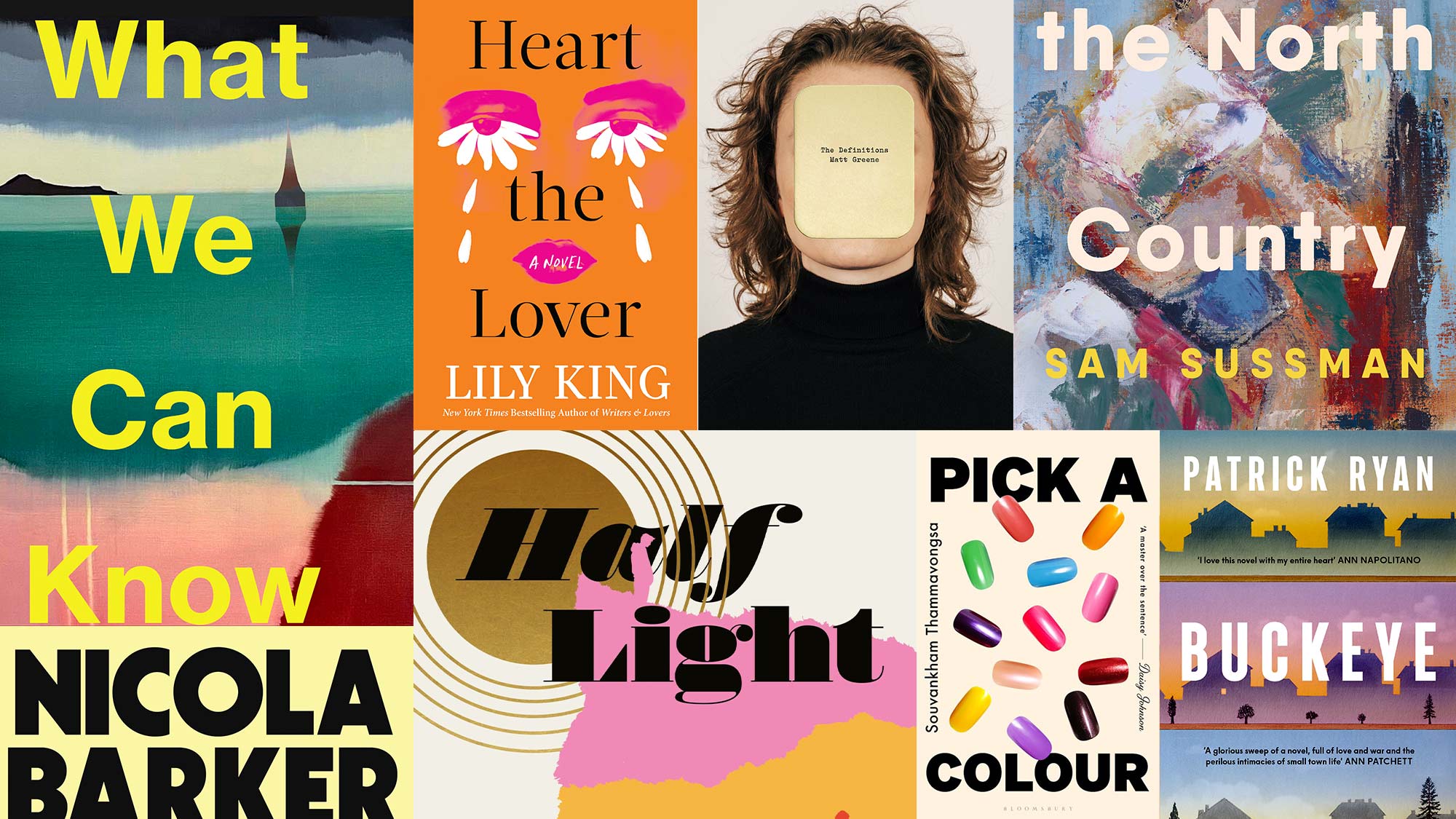
Celebrity news, beauty, fashion advice, and fascinating features, delivered straight to your inbox!
You are now subscribed
Your newsletter sign-up was successful
Autumn is made for reading. And not just because shorter days and longer nights equals more time curled up in your favourite chair with your soon-to-be-favourite novel, but because it’s also the season when publishers unleash some of their biggest releases of the year. And so it proves to be. From a heartwrenchingly beautiful campus romance and sprawling multigenerational saga to tales of forbidden love and an eerily disquieting dystopia – this month’s list is a doozy.
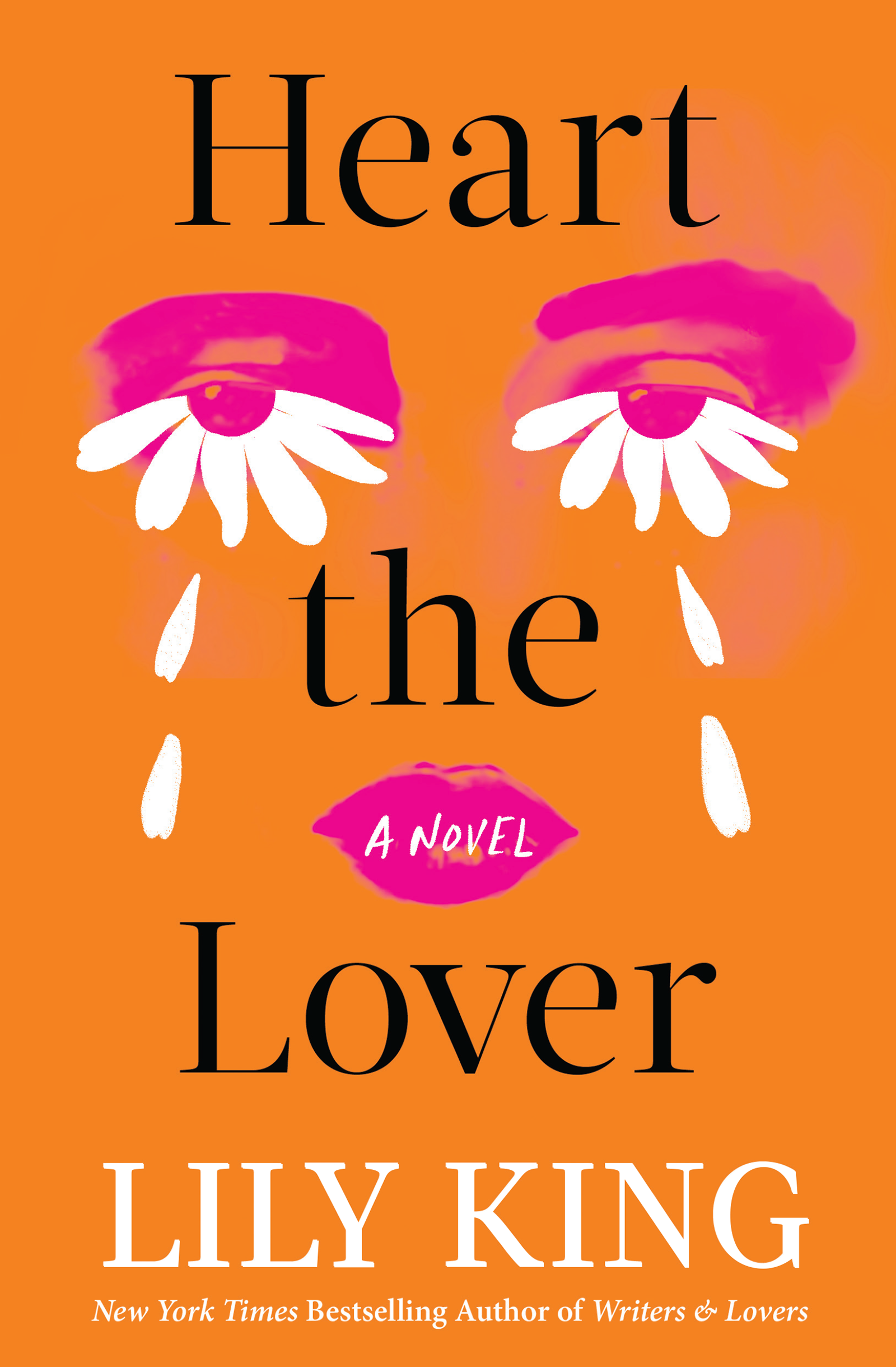
Fans of King’s Writers and Lovers rejoice. While not being sold as a literary bedfellow to her 2020 novel, Heart the Lover takes us firmly back into that world. We meet our protagonist in college where she falls in with best friends and star students, Sam and Yash. The trio form a knotty and emotionally complex bond that swiftly develops into a classic love triangle – and we all know how those turn out. Or rather, we don’t, because King – one of the sharpest observers of love, relationships and the human condition writing today – is too good at what she does for that, elevating every page to create an accessibly erudite three-act tale of paths not taken and loves misaligned. Equal parts witty, wise and full-box-of-tissues heartbreaking, Heart the Lover is hands down one of the emotionally uplifting stories you’ll read this year.
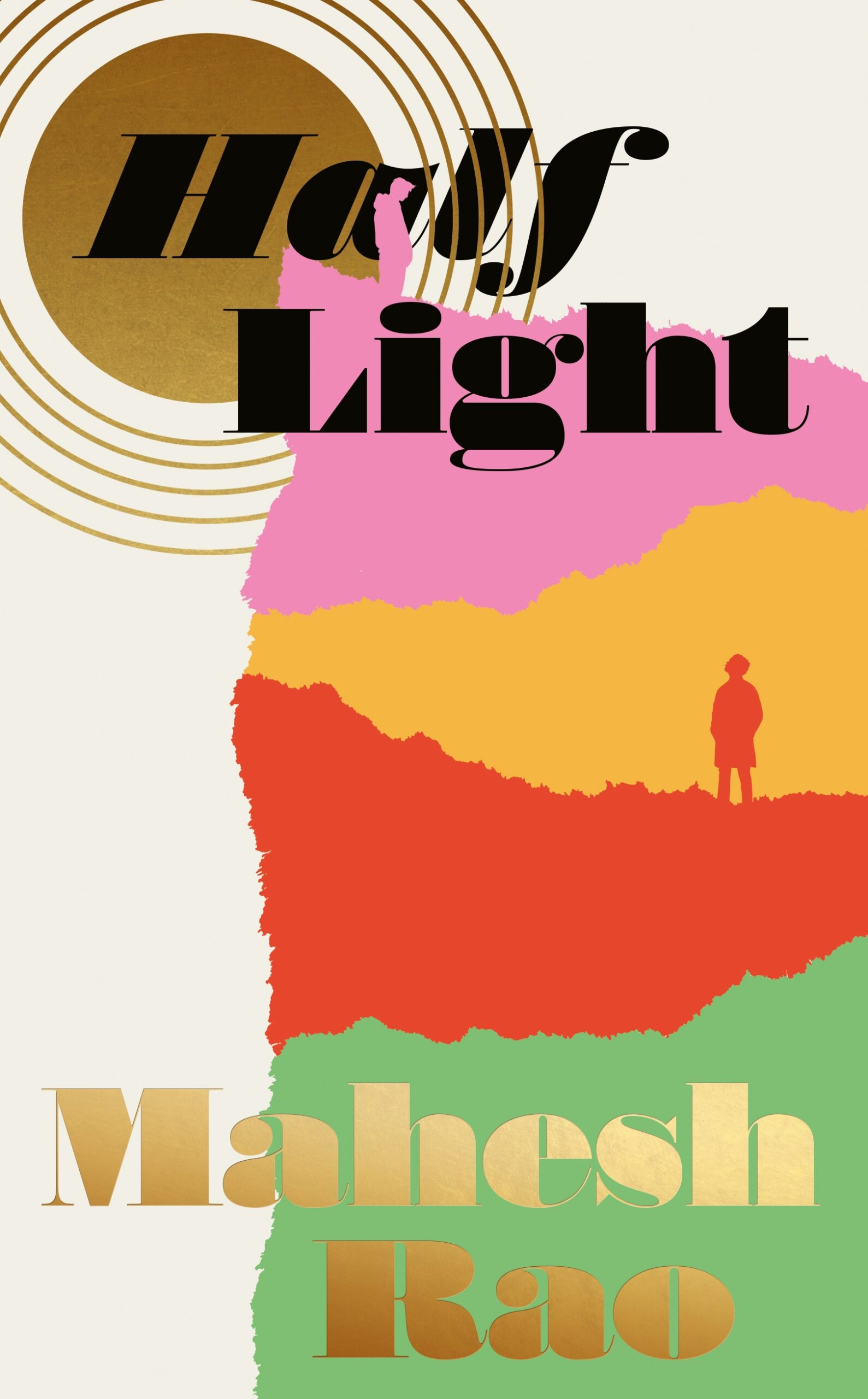
When a landslide closes the road to the Darjeeling hotel in which Pavan works, the stolen glances he has been sharing with flirtatious young guest Neville are given the opportunity to tip into forbidden romance. But this is India in 2014, where homosexuality is not only frowned upon but still illegal, and their brief happiness ends when tragedy strikes. Roll forward four years and the pair’s paths cross again at the luxury hotel in Mumbai where Pavan now works. Once again, Neville’s sexual precocity threatens to bring down the quiet, closeted life Pavan has so painstakingly constructed for himself. Rao’s sheds light without judgement, creating enormous sympathy in his tale of two very different gay men constrained by India’s rigid social mores at a pivotal point in India’s history (same-sex relationships were finally legalised in the country in 2019). Thoughtful, tender storytelling at its finest.
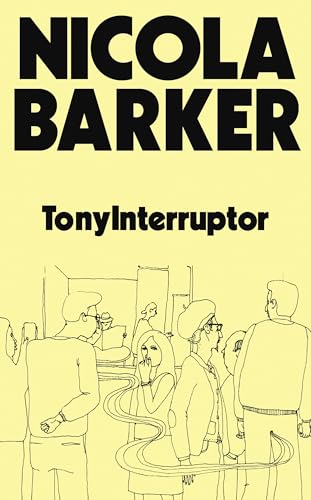
‘Is this honest? Are we all being honest here?’ This interjection by an audience member during a trumpet solo at an experimental jazz concert in Canterbury goes viral when the trumpeter in question is caught on camera melting down about the audacity of ‘…some dickweed, small-town TonyInterrupter…’ ruining his flow. The result is a freeform – and very funny – play on everything from art and authenticity to cancel culture. Fans of Barker’s distinctive brand of literary comedy will not be disappointed. Newbies, welcome to the party.
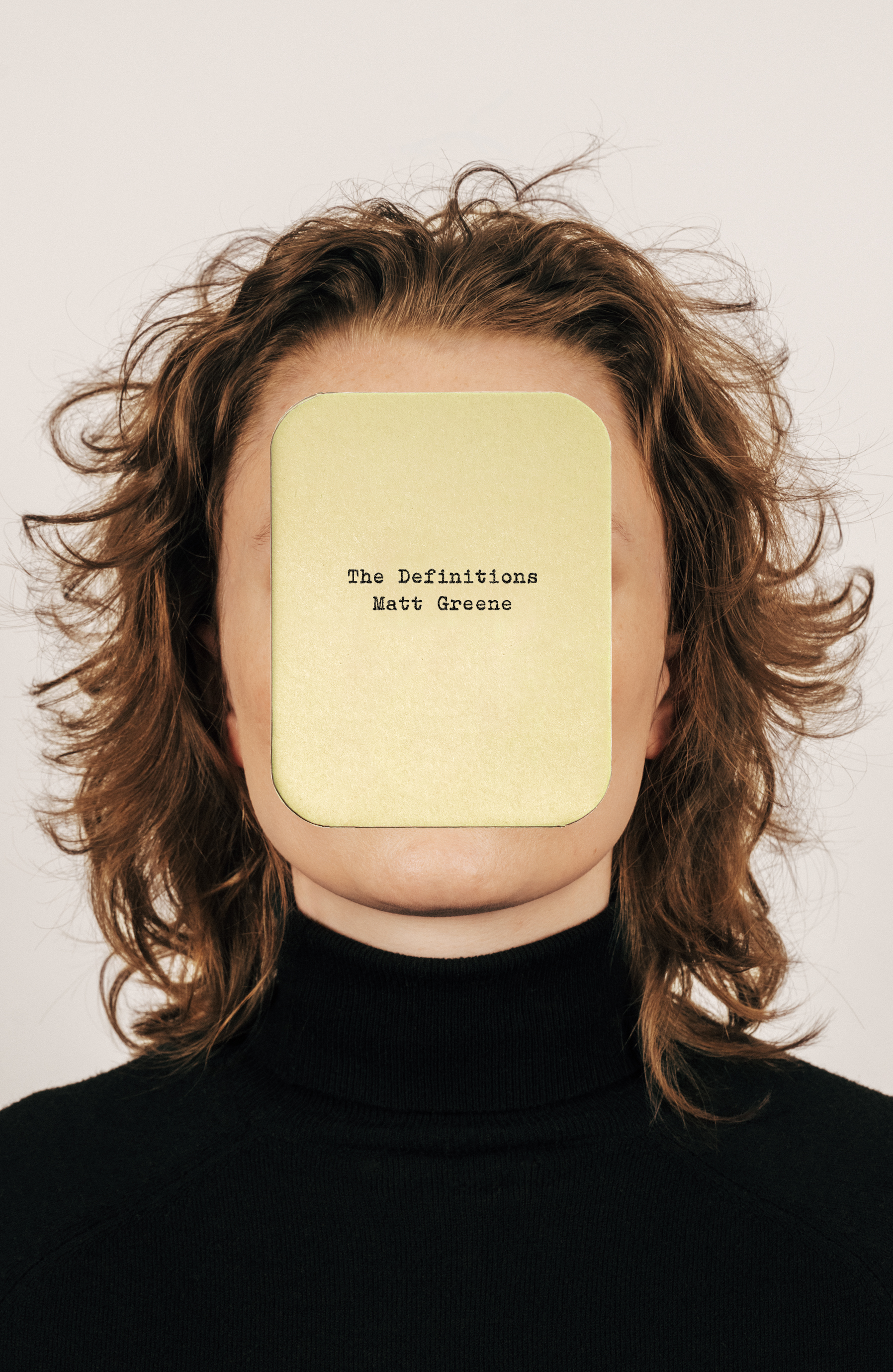
Greene’s deceptively simple tale opens with a group of students discussing their first memories. A common enough topic you may think, but it very quickly becomes clear that things are rather stranger than they first seem. The students are survivors of a virus that has wiped out their memories and are part of an experimental ‘re-education’ that, if successful, will allow them to graduate back into the society from which their illness has left them disenfranchised. They attend classes on topics such as ‘Politeness’ and ‘The History of the 21st-Century’ and – since the virus has wiped all traces of their identities – take their names from the educational ‘cartridges’ screened nightly (one particularly popular show, we’re trold spawned ‘countless Rachels, thirty or so Chandlers, twenty-six Phoebes and just as many Joeys’).
In a lesser novel, the dissonance created by such pop-cultural breadcrumbing – which is applied to everything from mealtimes to courtship rituals – would be satisfying enough on its own. Here, it’s merely the frame on which a much deeper, investigation is built. What are we without our memories? Without context, what does any word – or indeed society itself – even mean? As our unnamed narrator searches for some understanding of who she is and where she has come from, she tries on words like dresses, discarding some, accessorising others, never quite finding the perfect fit. Greene’s rich, elliptical, beautifully written novel performs a similar feat, refusing to be pinned down and defying easy definition to the very last page. A masterclass in storytelling and what it is to be human.
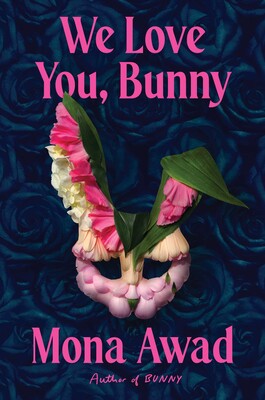
Awad’s 2019 satirical campus horror about a quartet of rich mean-girls who call each other Bunny and the oddball student, Samantha, who called them out was a hit on release and continues to rack up readers today. Deservedly so – it was as sharply plotted as it was sharply observed and it’s a deliciously dark pleasure to be back in their world. Samantha – now a successful writer – has been taken captive by the bunnies who each take their turns narrating a version of their origin story to her. It may not quite pack the punch of the original, but there’s still plenty of punch to be had.
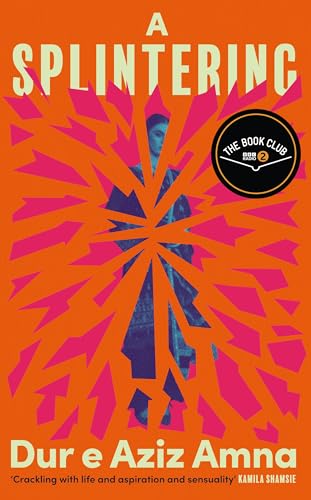
Raised in poverty in rural Pakistan, Tara dreams of escape. She envies the opportunity and freedom afforded to her only brother, Lateef, but despite being educated beyond her sisters, knows the only way out is for her to marry well. When she’s set up with dull accountant from the city, she seizes on it as her ticket to a new life. But Tara is not easily satisfied. Her exposure to the comforts of a middle-class life only makes her aspire for more – and for a woman of her background and circumstance that aspiration comes at a price. It is a price she is only too willing to pay – especially after Lateef moves to the city and she sees the ease with which he is able to access everything she has worked so hard towards having – but at what cost to them both? Tara is by no means an easy character to like, but love her or loathe her, you’re not likely to forget her. A complex and compelling exploration of class and gender in Pakistan today.
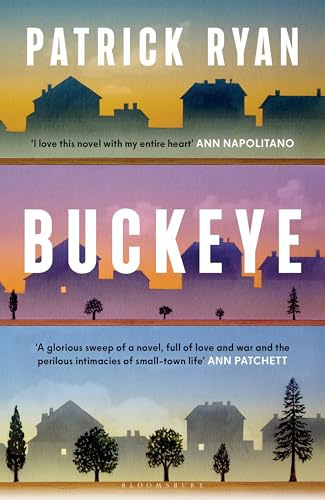
VE Day has just been announced in the small Midwestern US town of Bonhomie when Margaret Salt wanders into the hardware store where newly minted husband Cal Jenkins works with his father-in-law. The pair share a kiss that, in its surprise and intensity, goes on to ripple down both sides of their families for decades and generations to come. Ryan has a sharp eye for character and storytelling and Buckeye delivers on both. If you’re a fan of long and winding multigenerational sagas in which hearts are broken and lessons learned, this one’s for you – perfect for curling up with over the long autumn evenings ahead.
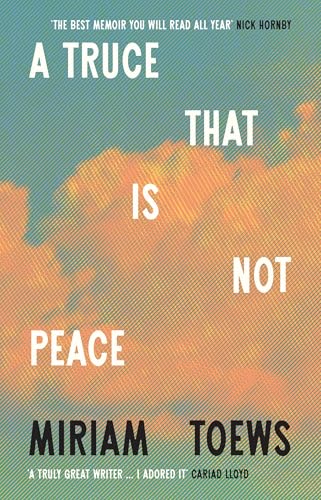
The Women Talking author has nodded to the deaths of both her father and sister by suicide before – most famously in her bestselling 2014 novel, All My Puny Sorrows. She treads similar ground here, in a piece of life writing that places her own struggles with dealing with such fundamental losses front and centre. Struggling to write an essay on ‘Why I Write’, set by the organisers of a writers’ festival, Towes picks at and explores the subject, looping back and forth through her present and past relationships with family, former husbands and lovers – even the ‘deranged skunk’ that is attempting to burrow its way back into her house. In the process, she takes us and herself into the fundamentals of both her craft and her past in a piece of life writing that is euridite, deeply, darkly moving and heart-wrenchingly funny.
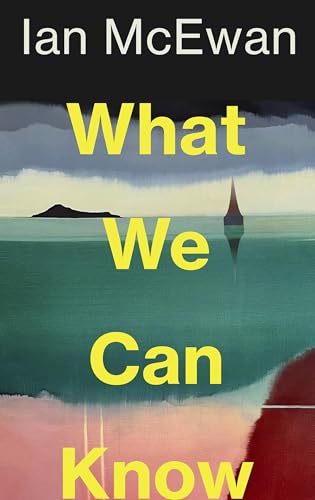
Ian McEwan has written across multiple genres, received or been nominated for most major literary awards, and the number of his novels that have adapted into films is well into double figures. And yet he still has the capacity to surprise. In this instance, by taking us 100 years into a flood-ravaged future Britain and building his 18th published novel around a lost poem and a lengthy and what at first appears to be a somewhat dull dinner party. Bear with however, because this is a man who knows his craft and at the final third things take a decidedly sharp turn. McEwan upends his own carefully constructed tale with an unexpected twist of the kind the author has built his name on.
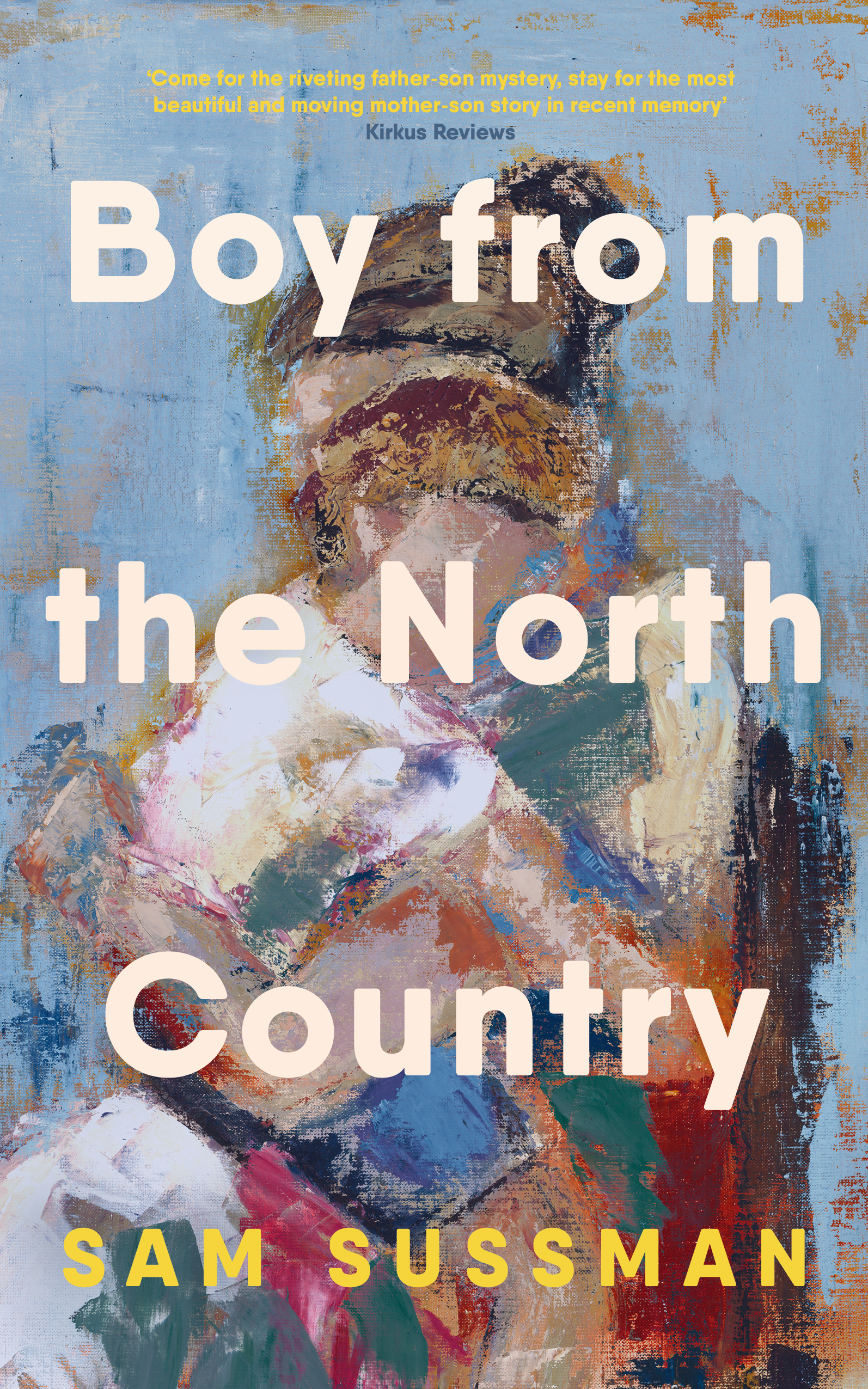
Growing up, Sam Sussman was repeatedly told how much he looked like Bob Dylan. And as one glance at his author’s photograph reveals, he does indeed look a lot like the artist formerly known as Robert Allen Zimmerman. The twist in this tale is that Sussman has come to believe that he is in fact the offspring of the American singer-songwriter (his mother who had an on-off relationship with Dylan that was last ‘on’ nine months before Sussman was born). Which makes for a great anecdote, sure – but a novel? In this case, yes. And not for the reasons you might think. Evan, who narrates the tale, is in London when his mother, June, calls to tell him she has cancer. Returning home to see her, the pair retrace the story of their life together and June’s life before Evan was born. As you may have guessed from that precis, the beating heart of this novel is not the potential for starry paternity, but the depth and beauty of the mother-son relationship at its centre. And it’s all the better for that.
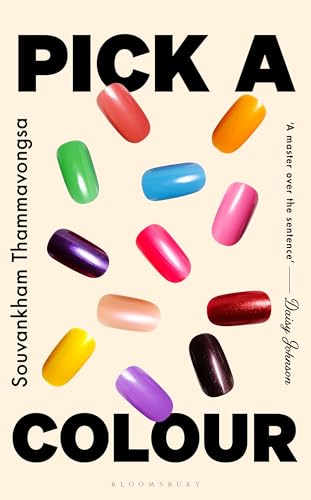
Ever wondered what goes on behind the scenes of all the clipping, buffing and polishing at your local nail salon? Thammavongsa’s debut novel lifts the lid. We spend a summer’s day with salon owner Ning – a former boxer – and her rotating staff of Susans (all so-named for the convenience of her customers) as they attend to hen parties, single ladies and entitled pro sportsmen alike. Sharply observed and viciously funny, whether it’s the snide comments they share at their customers’ expense or the hidden trauma that’s slowly chipped away from Ning’s brittle professionalism as the novel progresses, there’s darkness under the shine.
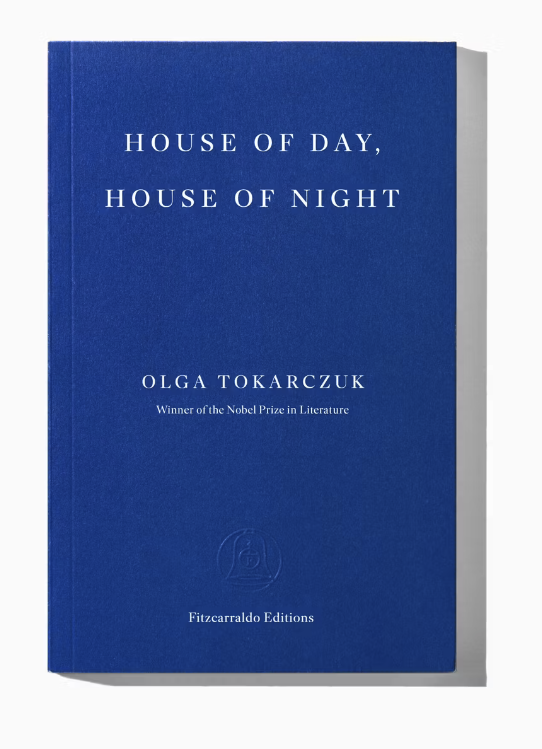
There is a touch of the Brothers Grimm to Tokarczuk’s latest book to be translated into English. The International Booker winner has described it as a ‘constellation’ novel. And indeed, this dreamlike, fragmentary – and at times downright hallucinatory – work eschews linear storytelling and standard plot and replaces it with a series of fascinatingly macabre, tales about the residents of and assorted visitors to Krajanow, the town in rural Poland where it’s set. If you’re looking for an alt to traditional Halloween reading, this is it.
Celebrity news, beauty, fashion advice, and fascinating features, delivered straight to your inbox!

Catherine is a freelance writer, editor and copywriter. As a freelance journalist, she wrote for titles including The Times, The Guardian and The Observer before spending eight years as commercial editor for Elle, Harper’s Bazaar, Esquire and Elle Decoration.
Books, art and culture of all stripes are a particular passion. Since returning to freelance in 2019, she has turned her skills to branding and full-service content creation for a broad range of luxury, arts and lifestyle brands, alongside more creative projects, such as book- and script-editing.